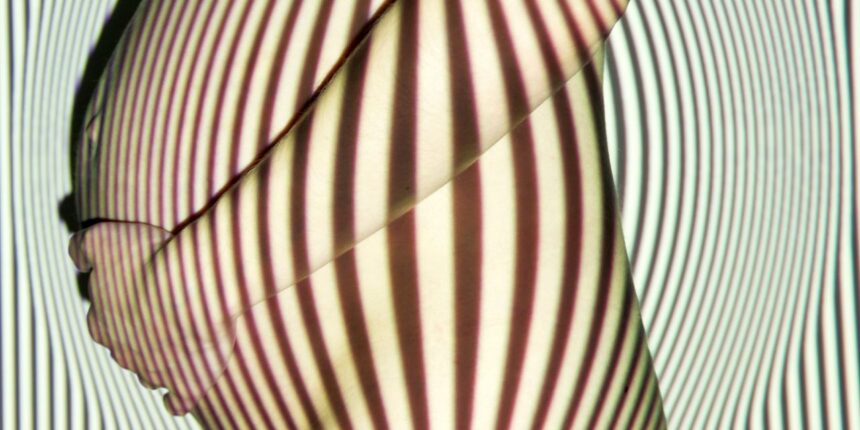Among the most upsetting phrases to hear during pregnancy, “Just wait” reigned supreme as my least favorite. “You think you’re tired now? Just wait,” they said. “You don’t have time to tackle your to-do list? Just wait.” There is truly nothing so invalidating as hearing that the difficult experience you are currently navigating pales in comparison to the torment that lies ahead. While I remain adamant that those two words should never be uttered to an expectant mother, my postpartum self is looking back at pre-baby me, struggling to maintain her eating disorder recovery, and whispering, “Just. Wait.”
My lack of preparation for dealing with postpartum pressure was at least partially due to the fact that I never thought I’d get pregnant in the first place. Having permanently dieted away my menstrual cycle in high school, I knew my inability to ovulate would merit medical intervention if I ever wanted to carry a baby. And I wasn’t sure that I even did until I met my husband. After one failed round of IVF, pregnancy seemed even less probable. But then, last January, after two courses of the fertility medication Clomid, it happened: I saw the undeniable double line, indicating a positive pregnancy test.
Over one year and one seven-month-old baby later, I’m still in a fair amount of shock. It turns out, becoming a mom has been a dream I didn’t even know I had come true. It’s also put a serious strain on my mental health and my already-fragile body image. While this sucks to admit, I’m aware of how depressingly common it is. According to a recent survey from Equip, an eating disorder recovery platform I’ve worked with for several years, 32% of respondents were concerned about how pregnancy might impact their disordered eating, while 64% were concerned about how weight changes during pregnancy would impact their body image. More than half (53%) were worried about how unwanted body comments and unsolicited touching from others would negatively impact their mental health during pregnancy.
I’ll admit that even since having my daughter in the fall of 2024, I’ve reflexively reached out to rub the bellies of pregnant friends without asking permission first—and I instantly cringe and retract my hand each time. Even during my second trimester, the supposed “golden” stage of pregnancy when you’ve survived the morning sickness and popped a telltale bump that no longer just resembles post-meal bloat, I hated having my abdomen touched. My stomach had always been the bane of my body image struggles, and that loathing didn’t magically disappear as my uterus expanded to accommodate an undeniably miraculous addition. (Hell, I’ve even managed to pile on some additional shame and guilt for feeling anything other than unadulterated joy and awe about the baby my body produced against the odds.)
I don’t know what I expected during such a trying time of transformation, but I was surprised, and maybe even a little disappointed, by how difficult I found it. I had clung to the hope that in the unlikely event I was ever lucky enough to become pregnant, I’d easily loosen my long-held death grip on disordered eating and distorted body image. But despite experiencing and writing about the nuances and complexities of eating disorders for so many years, I couldn’t intellectualize the process or use basic logic to think my way out of the discomfort. And as the “just wait” people had warned me, things have only become more uncomfortable postpartum.
It’s quite common to feel uncomfortable in your body throughout pregnancy and postpartum—especially if you have a history of disordered eating.
I ask my therapist friend, Alyssa Mass, MFT, to help me make sense of the cognitive dissonance I’m having as a gratitude-filled new mom who also feels like crawling out of her new skin. “Feeling bad in your body after you’ve had a baby or while you’re pregnant is not, in and of itself, disordered,” she tells SELF. “I wish that were more normalized because I think it’s very real and very normal for somebody to be pregnant for nine months, experience a massive amount of body changes, have a baby, and feel like, ‘What just happened to me?’ It’s okay if that doesn’t feel good—that moment doesn’t last forever, but it does take time to recover, just like it took time for that baby to develop and come out.”
Read the full article here



